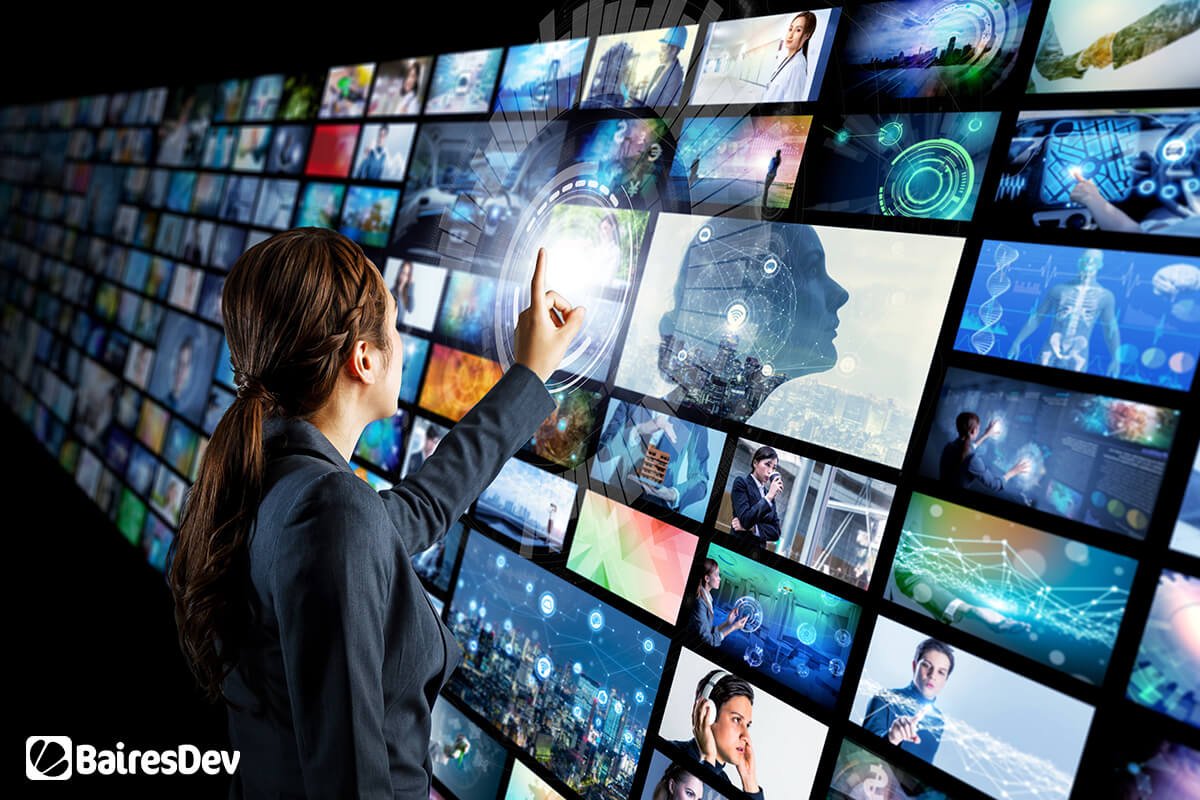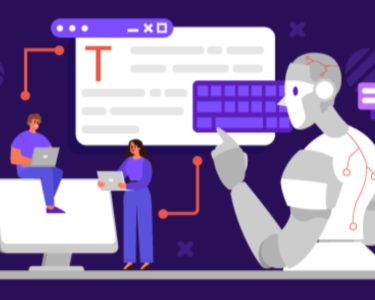
AI in Entertainment: Transforming the Industry
Artificial Intelligence (AI) is rapidly transforming the entertainment industry, bringing about innovative experiences and groundbreaking advancements. Here’s an exploration of how AI is revolutionizing the world of entertainment:
Personalized Content Recommendations:
AI algorithms analyze user preferences and behaviors to tailor content recommendations that cater to their specific interests. Streaming services like Netflix and Spotify use AI to suggest movies, shows, and music that align with users’ past viewing and listening habits.
Voice-Activated Control:
AI-powered virtual assistants like Alexa and Siri enable hands-free control of entertainment devices. Users can search for content, pause or play media, and even adjust settings using voice commands, making the entertainment experience more convenient and accessible.
Enhanced Visual Effects:
AI algorithms contribute to the creation of stunning visual effects in films and video games. AI-powered motion capture and facial recognition systems capture realistic movements and expressions, while natural language processing (NLP) enables virtual characters to interact with humans in believable ways.
Interactive Storytelling:
AI is used to create immersive and interactive storytelling experiences. Chatbots and other AI-driven characters engage with users, allowing them to influence the narrative and make choices that shape the story’s outcome. This enhances audience engagement and fosters a deeper connection with the content.
AI-Generated Content:
AI algorithms are being used to generate original content, including music, scripts, and even entire movies. While the quality of AI-generated content is still in its infancy, it has the potential to expand the creative possibilities and diversity of entertainment offerings.
Copyright Protection:
AI can help protect the intellectual property rights of creators. AI algorithms can detect unauthorized use of copyrighted material, such as unauthorized streaming or illegal downloads, and flag potential copyright infringements for swift action.
Challenges and Ethical Considerations:
While AI offers immense opportunities in entertainment, it also presents challenges. Potential biases in AI algorithms can lead to unfair content recommendations or inaccurate facial recognition. Ethical concerns arise around the use of AI-generated content and its impact on human creativity and employment.
Conclusion:
AI is a transformative force in the entertainment industry, enhancing user experiences, revolutionizing storytelling, and blurring the lines between creators and audiences. As the technology continues to evolve, we can expect even more exciting and innovative ways in which AI will shape the future of entertainment. However, it is crucial to address the challenges and ethical considerations involved to ensure a fair and beneficial impact.


